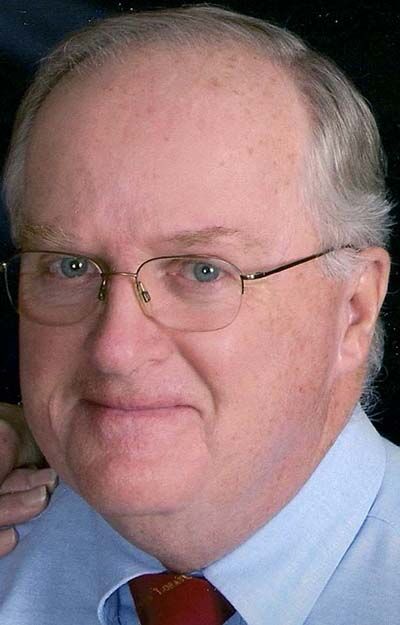It’s not uncommon for a professional employee to hit a mid-career slump (often in their 40s) and wonder what the future might hold. Maybe it’s a desire to get off the old treadmill and change directions to pursue a long held, but much deferred, dream job. If the employee has already achieved financial success and can take a likely pay hit, that change can become a reality.
Disclaimer. I am not talking about the iconic balding baby boomer in a midlife crisis who seeks to relive the past by taking his ’69 Camaro out of storage for leisurely cruises to classic car shows and an occasional run to the local Sonic Drive-In for a hamburger, fries and a chocolate shake.
For me, the idea of a career change started with the sudden and unexpected loss of a younger sibling, and the realization that life is short and might be much shorter than I anticipated. Convinced that I had already reach most of my goals in a 35-year career in human resources, I decided that a job change into another profession was what I wanted and needed.
Here’s the process I used to get to where I wanted to be. Perhaps my experience will be instructive to others contemplating a change in employment that can take them into retirement.
With the availability of veteran’s educational benefits and supplemented by an employer’s training funds, I had previously earned a graduate degree in applied (business) psychology with the primary purpose of advancing my professional career and with no thought of teaching.
A few months later, an out-of-town university was offering a master’s in management in this area and needed a local instructor for a human resource management class. On a whim I applied and was hired.
I was surprised how much I enjoyed teaching, especially the contact with students. I continued to teach part time for many years and thoroughly enjoyed my new gig. I found that local colleges and universities had plenty of openings for part-time teaching in my areas of expertise and that I could most likely stitch together enough classes to approximate full-time work and pay.
Shortly after my sibling’s tragic death, my current employer generously approved a phased, three-year early retirement package. Now I needed to discuss a transition plan with my wife.
After her initial shock wore off, we conducted a thorough evaluation of family finances. We were about to become empty nesters as our two children were close to college age. My wife was already working in the medical field and the expected reduction in my income would not jeopardize our daily financial needs. Our retirement plans were amply funded and her employer provided generous health insurance benefits. Projecting our financial resources out to retirement age confirmed that we would enter our golden years in a comfortable financial position.
I took the leap and my second career as a full-time instructor turned out to be even more satisfying, and the perfect 10-year path to full retirement.
It has been said that some people lead lives of quiet desperation. Captured by the golden handcuffs of a prestigious job or generous compensation, they are bound to jobs they dislike but from which they seem unable to leave. Those with the courage to take that dive into a final career change might be surprised to find that the final lap to retirement can be some of the most rewarding years of their lives.


